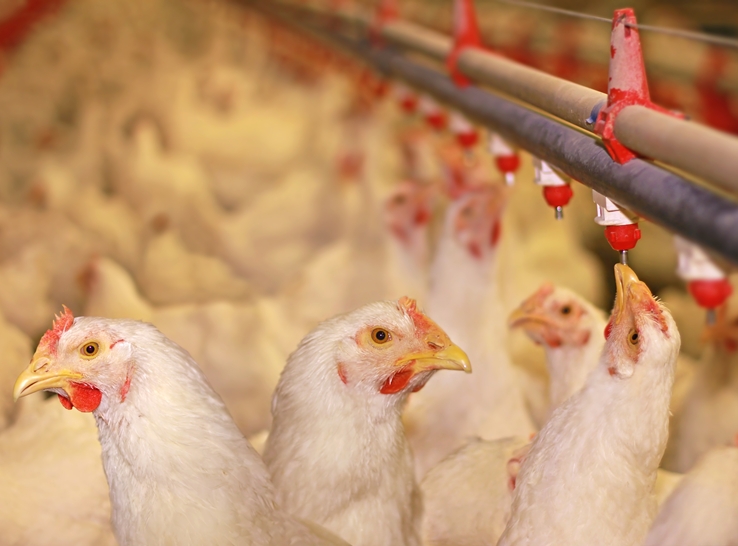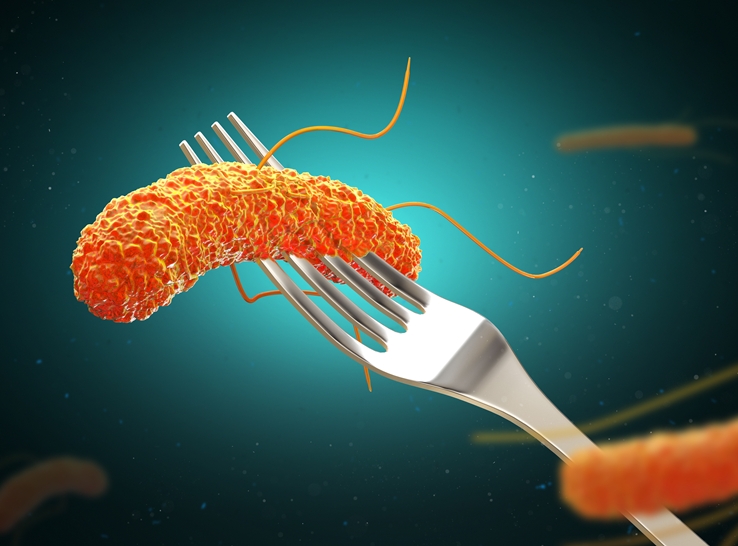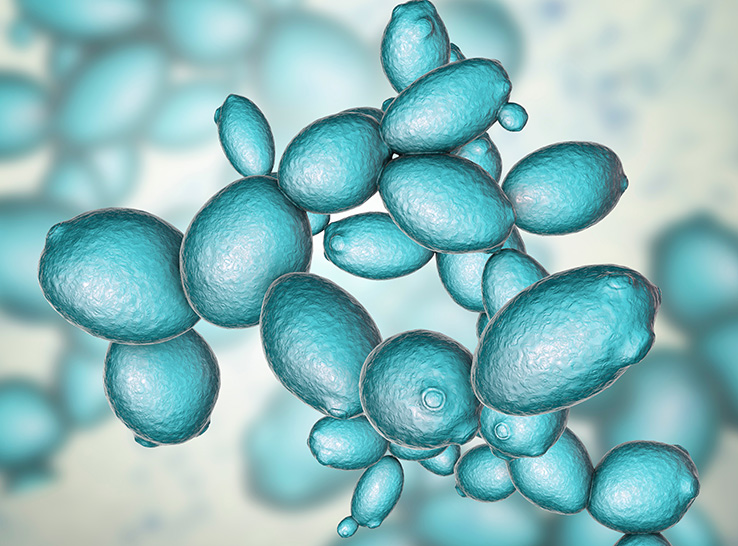Including organic acids in birds’ drinking water has been suggested as an option to help mitigate levels of Salmonella in poultry. However, in an Auburn University study, their effects were limited.
Salmonella continues to pose a challenge in US poultry production, with S. Enteritidis being the most reported serotype linked with foodborne illness.1
At the 2025 International Poultry Scientific Forum, Auburn University graduate research assistant Eva Guzman reported on the study that she and her colleagues conducted to explore the effects of including two organic acids in the drinking water of male broilers on Salmonella prevalence and growth performance.2
Putting water intervention to the test
The team allocated 1,872 day-old broilers to one of three treatment groups for the first 39 days of their lives:
- Citric acid in drinking water
- A mixture of lactic, acetic and propionic acids in drinking water
- Water without organic acids (control)
On day 7 of the study, they inoculated the birds with an S. Enteritidis strain.
To assess Salmonella strain prevalence, the researchers collected chick paper and litter boot-swab samples at the start of the study. On days 39, 40 and 41, they took litter boot-swab samples again, sampled ceca content and performed carcass rinses.
They collected feed intake, bodyweight and feed-conversion-ratio data at days 14, 28 and 39 and measured water intake at day 39.
Lack of effect poses questions
The results showed that 93.3% of chick papers and 12.5% of litter samples were positive for Salmonella at placement. This highlighted that, at the beginning of the experiment, “Salmonella was already present in the environment and also on the birds before the inoculation,” Guzman explained.
Including the organic acids didn’t influence Salmonella prevalence in ceca samples and in carcass rinses by day 39. By the end of the experiment, 45% of litter boot-swab samples tested positive for the pathogen.
On day 39, the inclusion of citric acid in water had reduced feed intake and bodyweight compared to broilers drinking water without organic acids. However, this inclusion didn’t affect feed conversion and water intake.
“The control group [without organic acids] was consuming more feed, but where we applied the organic acids, feed consumption was reduced. It might be a relationship with the palatability of the feed since applying the organic acids lowered the pH,” she said.
The antimicrobial potential of organic acids mainly depends on the pH of the formulation, Guzman explained, but other work has shown that the gut health and digestion impacts of different pH values can alter how birds perceive and consume feed.
Despite hypothesizing that continuous inclusion of the organic acids in drinking water would have an impact, Guzman concluded that the intervention had little effectiveness as a pre-harvest Salmonella intervention under the conditions tested in the study. “For future study directions, we have a lot of questions,” she added.
She suggested that addressing these uncertainties could involve exploring different concentrations of organic acids and collecting data on pH levels in different parts of birds’ intestinal tracts.
1 Sher AA, Mustafa BE, Grady SC, Gardiner JC, Saeed AM. Outbreaks of foodborne salmonella enteritidis in the United States between 1990 and 2015: An analysis of epidemiological and spatial-temporal trends. Intt J Infect Dis. 2021;105:54-61.
2 Guzman EG, Vargas JI, Gulizia JP, Hernandez JR, Martinez J, Brizuela MJ, Bailey M, Hauck R, Bourassa D, Macklin K, Pacheco WJ. Effect of organic acid supplementation on Salmonella prevalence and growth performance during a challenge model using male broilers. International Poultry Scientific Forum 2025; Atlanta, Ga.







